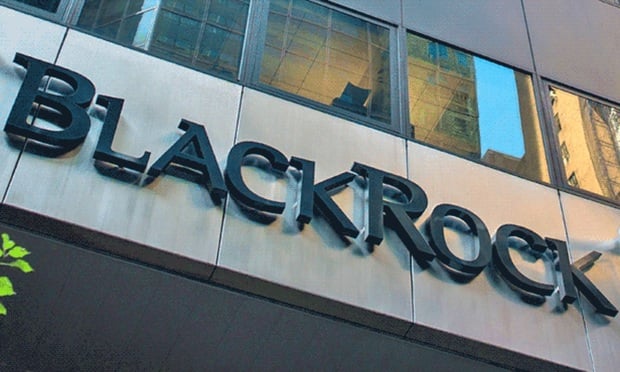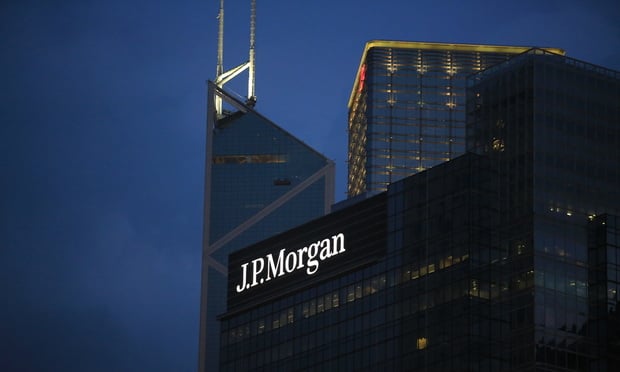NEW YORK (AP) — The money manager's job is supposed to bestraightforward: Take people's cash and put it to work. The moremoney that comes in, the bigger the manager's paycheck.
|So why would two of the country's largest fund managers tellwould-be investors in junk bonds, the common name for bonds issuedby companies with the lowest credit ratings, to go away?
|The short answer is that it's for their own good. The market forjunk bonds, the pros say, has become so popular that it'sdangerous.
|Thanks largely to the unsteady economy, interest rates on U.S.government bonds have fallen to record lows. And individualinvestors remain leery of the stock market.
|Desperate for better returns, they're sinking billions intohigher-paying bonds backed by businesses with bad credit scores.Those deeply indebted companies have borrowed a record amount frominvestors and are increasingly using the money in ways that couldstrain their ability to pay it back.
|Earlier this year, two mutual fund giants, T. Rowe Price andVanguard, began turning down people hoping to invest in funds thatbuy junk bonds. Both said they were running out of worthwhileplaces to put customer money.
|"It's getting harder and harder to find places to invest," saysMichael Gitlin, director of fixed-income at T. Rowe Price. He saysinvestors are getting paid record-low interest rates for taking onmuch more risk.
|Consider the numbers:
|— Junk-bond sales in the U.S. snapped the single-year record inOctober and have kept climbing. Sales for the year totaled $324billion as of Nov. 28, according to Dealogic, a data provider. Inthe three years leading up to the 2008 financial crisis, a timemarked by easy lending, companies with junk credit ratings sold anaverage of $144 billion each year.
|— Companies are lining up to sell bonds because borrowing rateshave never been lower. The typical company rated"speculative-grade," one of the polite names for junk, pays 6.6percent to borrow in the bond market. The average over the pastdecade was 9.2 percent, according to T. Rowe Price research.
|— Demand for junk has remained strong. Individual investors,people saving for retirement or building a nest egg, haveput $28 billion into U.S. junk bond funds this year while pulling$85 billion from U.S. stock funds, according to Morningstar.
|— Over the past 10 years, individual investors have dropped $96billion into the junk bond market, according to a Vanguard researchpaper. The bulk of it, 77 percent, was deposited in the past threeyears.
||All that money has started to change things. For a while,falling borrowing costs and willing lenders prevented many troubledcompanies from sinking into bankruptcy. Well-known companies suchas Caesars Entertainment and the parent of Century 21, Realogy,sold bonds at low rates, used the cash to pay down other expensiveloans and avoided defaulting on their debts.
|But what's good for borrowers can eventually be dangerous toinvestors. Fund managers and analysts now warn that the seeminglyboundless appetite for bonds has eroded lending standards.Companies with shaky credit scores can borrow on easier terms forquestionable purposes.
|Few have run into trouble so far. Over the past year, just 2.8percent of low-rated companies have missed an interest payment anddefaulted, according to Standard & Poor's. That's roughly halfthe long-term average.
|Dig deeper and the numbers don't look as encouraging. Forcorporate borrowers with the worst ratings, the same ones taking upa larger share of the market, the figure is 27 percent.
|Gitlin and others say recent trends remind them of theeasy-lending era before the financial crisis, when Wall Street andbond traders treated caution as a sign of weakness.
|"When you start seeing things like you saw in '06 and '07, youshould be concerned," Gitlin says.
|Over recent months, more than a third of the money raised in themarket has gone to corporate borrowers that credit rating agenciesconsider likely candidates for bankruptcy, those with the lowest ofthe low credit scores, according to S&P.
|Where the money winds up has changed, too. Some of it simplyfuels deal-making by private equity firms, investment groups likeBain Capital and The Carlyle Group that buy and sell businesses. Inthese leveraged buyouts, a private equity firm borrows money to buya company, then saddles it with the debt.
||More of these private-equity firms find they can dip into thebond market to reward themselves. In these "dividend deals," acompany sells bonds and gives the proceeds to the owners, eventhough the company has to cover the debt.
|In one recent deal flagged by the rating agency Moody'sInvestors Service, the management consulting firm Booz AllenHamilton raised $1 billion to pay a dividend to The Carlyle Groupand other firms.
|"Private equity firms are basically saying, 'Hey, if you want togive us your money at record low rates, we'll take it," saysKingman Penniman, founder of KDP Investment Advisors.
|Yet another alarming trend is the reappearance of bonds thatallow corporate borrowers to switch off their interest payments.They're known as "PIK toggles," because the issuers can toggle offtheir regular payments and "pay in kind" with IOUs. Investors whobought them during the mid-2000s credit bubble got burned.
|"You'd think, 'We'll never let issuers get away with that again.PIK toggles are dead,'" Gitlin says. But fund managers have to putinvestors' money somewhere, Gitlin says, so they wind up holdingtheir noses and buying against their better judgment.
|What bothers Chris Philips, a senior analyst in Vanguard'sinvestment strategy group, is that so many people have trustedtheir savings to bond funds because they're not considered asdangerous as stocks: Buy a bond, and as long as the country, stateor company behind it stays in business, you can expect to get yourmoney back.
|It's a different story for people who invest in a bond mutualfund. The fund's price rises and falls to reflect the total marketvalue of the scores of bonds within it.
|Junk bonds backed by companies with the worst credit can be justas risky as stocks, Philips says. Unlike other types offixed-income investments, the junk market is prone to big priceswings when traders get nervous. At the depths of the 2008financial crisis, an overall market index sank from around 90 centson the dollar to 55 cents.
|"That's a big hit," Philips says. "I think the average person'sassociation with bonds is that they should be safer thanstocks."
|All it will take, Phillips and others say, is a dust-up inWashington over avoiding the tax hikes and government spending cutsknown as the "fiscal cliff" to cause a sharp drop in the stockmarket. If that happens, the junk-bond market will likely take afall.
|And then, Gitlin says, a lot of new bond investors will becalling up their fund managers to ask: "How can you lose money in abond fund?"
Complete your profile to continue reading and get FREE access to BenefitsPRO, part of your ALM digital membership.
Your access to unlimited BenefitsPRO content isn’t changing.
Once you are an ALM digital member, you’ll receive:
- Critical BenefitsPRO information including cutting edge post-reform success strategies, access to educational webcasts and videos, resources from industry leaders, and informative Newsletters.
- Exclusive discounts on ALM, BenefitsPRO magazine and BenefitsPRO.com events
- Access to other award-winning ALM websites including ThinkAdvisor.com and Law.com
Already have an account? Sign In
© 2024 ALM Global, LLC, All Rights Reserved. Request academic re-use from www.copyright.com. All other uses, submit a request to [email protected]. For more information visit Asset & Logo Licensing.








